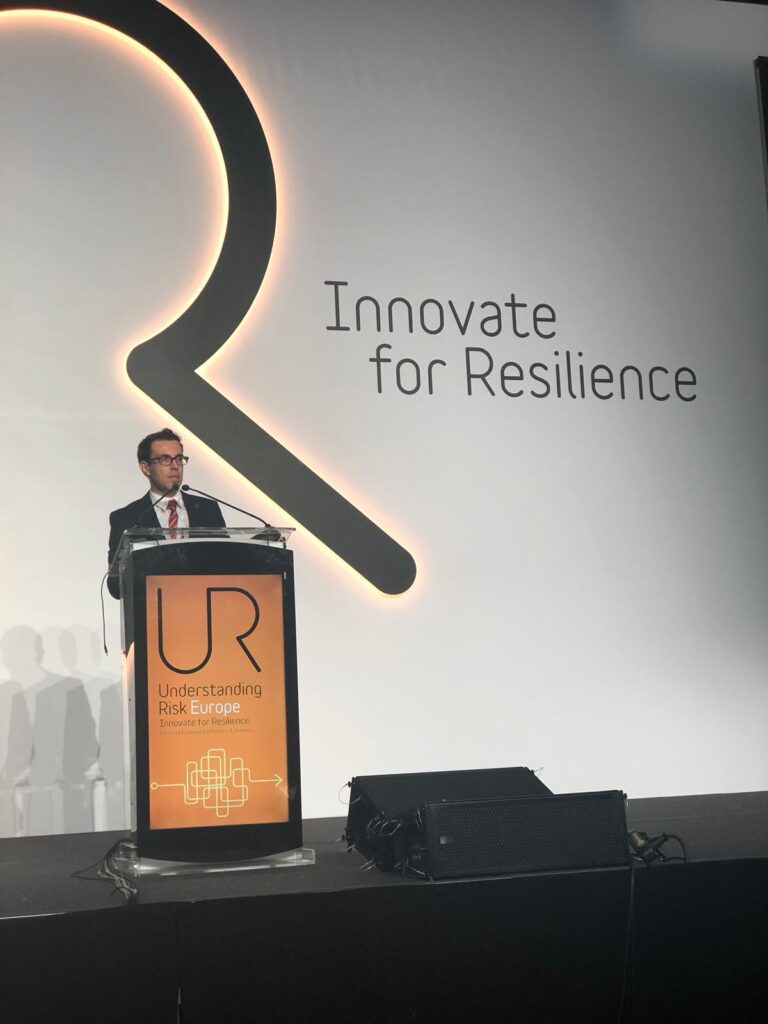Community engagement, raising awareness, and driving action
At the International Conference “Understanding Risk Europe: Innovate for Resilience” (2019) in Bucharest, Romania, over 350 experts gathered to explore how technology and innovation can foster more resilient societies. A key session on “Community Engagement” focused on initiatives that enhance public awareness and drive citizen participation to strengthen disaster preparedness at the community level.
Understanding the vulnerabilities of populations, raising awareness, and taking proactive action are essential to ensuring effective disaster mitigation and improved response. The responsibility for understanding community risks is shared across public and private sectors, emphasizing the need for collaboration in building resilience. Communities often bear the greatest impact during disasters, making local capacity and swift response crucial in the immediate aftermath.
In line with the growing recognition of the importance of proactive disaster risk management, the session highlighted the urgent need to strengthen community engagement at every stage of risk management. The Sendai Framework for Disaster Risk Reduction 2015–2030 stresses the importance of community involvement in developing risk management policies at international, national, and local levels.
The session called for a more coordinated approach to disaster preparedness, recognising that empowered communities are vital to building long-term resilience.
Read more: Community engagement, raising awareness, and driving action

